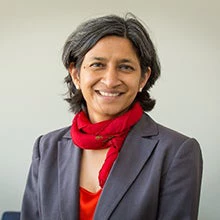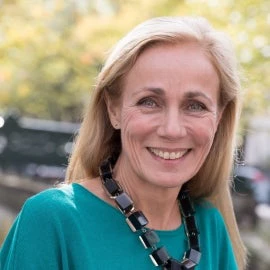 Children playing underneath tree
Children playing underneath tree
In the wake of conflicts and fragility, children and youth often bear the heaviest burdens . Their education is disrupted, they can’t access basic services, and girls are more prone to be victims of gender-based violence and early marriage. All of this threatens not only their well-being and safety, but also perpetuates a cycle of poverty and inequality that can last for generations. Right now, over 460 million children are living in or fleeing from conflict zones, 333 million children are living in extreme poverty, and nearly one billion children are living in countries with a high risk of climate crisis. As two leading global institutions committed to the well-being and development of children and youth, UNICEF and the World Bank stand together in advocating for urgent action and investment to support them.
The partnership between UNICEF and the World Bank has never been more relevant. Addressing the needs of children and youth in fragile contexts is not just a moral imperative, it is essential for building sustainable peace and prosperity . Investing in their well-being and empowerment lays the foundation for resilient societies capable of breaking the cycle of poverty and marginalization, as well as violence and conflict. Over the years, our partnership has taken multiple forms. In Yemen, a large-scale emergency cash transfer program has provided a vital lifeline to about 1.4 million families, impacting nine million people. In Afghanistan, our partnership has facilitated the provision of teaching and learning materials to 3.9 million teachers and children. During the COVID-19 pandemic, we jointly supported 23 African countries in strengthening their health systems, updating facility infrastructure for immunization, and improving service delivery and emergency services. We created the Coalition for Foundational Learning to improve foundational learning for all and to rapidly accelerate progress towards reducing the alarmingly high rate of learning poverty globally.
At the heart of our partnership lies a shared commitment to collaborate closely with governments over the long term – through crises and conflicts – to protect and build human capital, preserve social services, and promote social cohesion. To ensure the continuity of essential social services and enhance human capital, we are working together to scale up adaptive social protection systems that bolster individuals' resilience against the adverse effects of climate change. We are actively engaged in supporting measures to eradicate gender-based violence, and advocating collectively to address learning losses in children, and pooling our expertise to develop resilient and sustainable health systems. This approach is the best way to strengthen governments’ capacity to support their most vulnerable citizens for generations to come.
As we look to the future, we will focus on three priorities to help scale up and deepen our collective impact: combining our efforts to help drive the global discourse on critical child-related issues and inform policy development at the local and international levels (including around adaptive social protection systems, foundational learning, community health, climate-resilient, water supply, sanitation, and hygiene (WASH), and nutrition systems, and the social workforce); strengthening our operational engagement in fragile settings and conflict zones; and addressing information gaps on child well-being to track their welfare and equip decision makers with accurate information to shape policies and programs. We know that our collective resolve, the unwavering commitment of our staff, our deep expertise, and a collaborative ethos will allow us to make a difference in the lives of poor and vulnerable children and youth around the world.



Join the Conversation